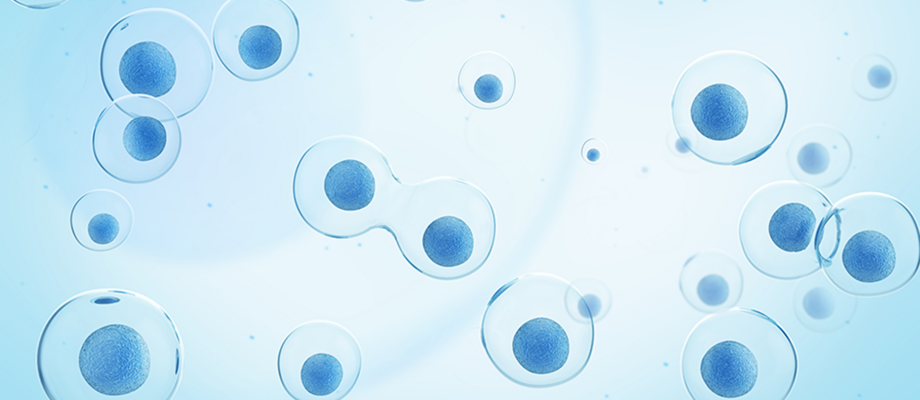Proctological conditions, such as anal fissures, hemorrhoids, fistulas, and other inflammatory processes, are some of the most challenging to treat due to their chronic nature and tendency to recur. Crohn’s disease is one such condition, often accompanied by serious complications in the rectum and anus. Traditional treatments do not always provide the desired outcome, which is why advanced cellular technologies, particularly the use of mesenchymal stem cells (MSCs), have become an important tool in therapy.
MSCs can activate the body’s natural tissue regeneration mechanisms and suppress the excessive immune response, which is a primary cause of damage in Crohn’s disease. Thanks to their immunomodulatory and anti-inflammatory properties, MSCs effectively treat fistulas and other lesions, helping heal even chronic fistulas that are resistant to other forms of therapy.

The effectiveness of cell therapy for treating Crohn’s disease is confirmed by the approval of the drug Alofisel by the European Medicines Agency (EMA), which contains MSCs derived from donor adipose tissue. Studies have shown that patients receiving MSCs achieved remission more frequently and maintained their improvements longer than those who received other treatment methods. Additionally, the therapy demonstrated high safety with no serious side effects.
Cell therapy for treating Crohn’s disease is also available in Ukraine. ReoCell Clinic offers modern treatment using MSCs, employing the latest advancements and technologies that meet global standards.
To receive the best services, visit ReoCell Clinic. We hope that stem cell therapy will help you feel better, just as it has helped many of our patients.
Closing this window, you agree that you have read the information below.
SELF-MEDICATION CAN BE HARMFUL TO YOUR HEALTH!